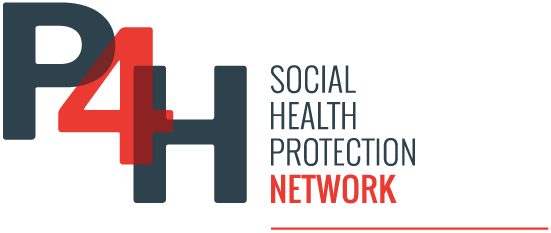Prices and affordability of essential medicines in 72 low-, middle-, and high-income markets
Access to essential medicines, as defined by the World Health Organization, is a cornerstone of universal health coverage. Yet, many people worldwide face high out-of-pocket costs or limited availability, particularly in low- and middle-income countries. Understanding...

Stakeholders in Uganda call for innovative health financing mechanisms amid funding shifts
Uganda’s health sector faces funding gaps after donor cuts, forcing higher out-of-pocket costs and disrupting HIV, TB, and maternal health services. Stakeholders urge domestic financing, innovative taxes, and a national insurance scheme to protect vulnerable groups...
Universal health coverage in Lebanon: agenda setting using Kingdon’s model and a proposed legal framework for revenue allocation
This study examines the renewed push for a Universal Health Coverage (UHC) bill in Lebanon, analyzing its emergence on the policy agenda through Kingdon’s framework. Findings show that public pressure, a dedicated parliamentary committee, and political receptiveness...
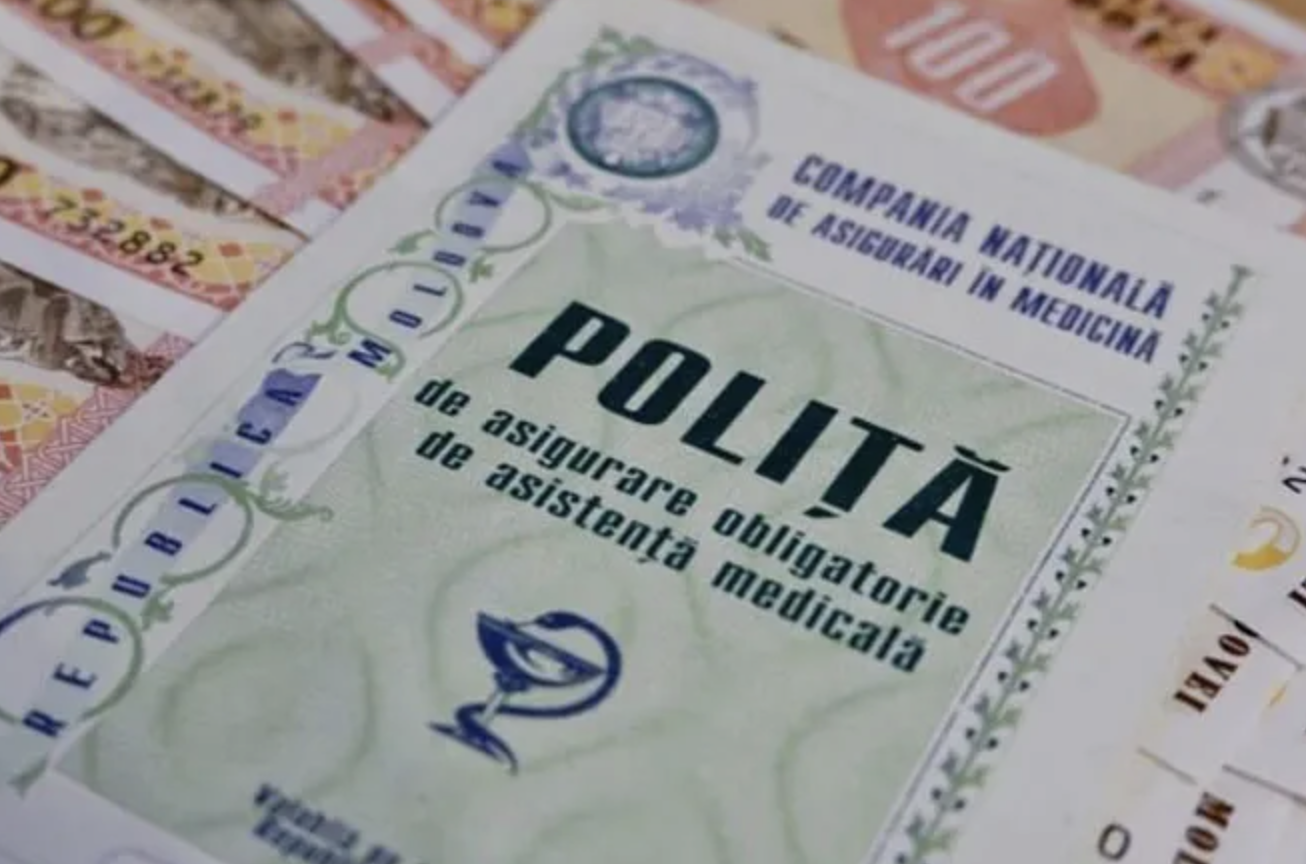
Insurance medicine: costs outpace revenues in Moldova
Moldova’s health insurance revenues rose 11.6% in the first seven months of 2025, driven by salary-based contributions reaching 5.4 bn lei. Spending also increased, with higher transfers for services and surgeries. The 2025 budget is projected to grow 13%, exceeding...
Health spending in Argentina – Analysis for 2017-2022
This report on healthcare spending, and its analysis for the period between 2017-2022 was published by the Government of Argentina in April 2025. It is the result of the joint work of the Directorate of Health Economics of the National Ministry of Health with the...

South Africa’s G20 Presidency Prioritizes UHC, PHC, and Civil Society Engagement
South Africa’s G20 presidency prioritises Universal Health Coverage and civil society engagement, highlighting financing, primary health care, and multilateral collaboration amid global health funding challenges.The G20 presidency is placing Universal Health Coverage...
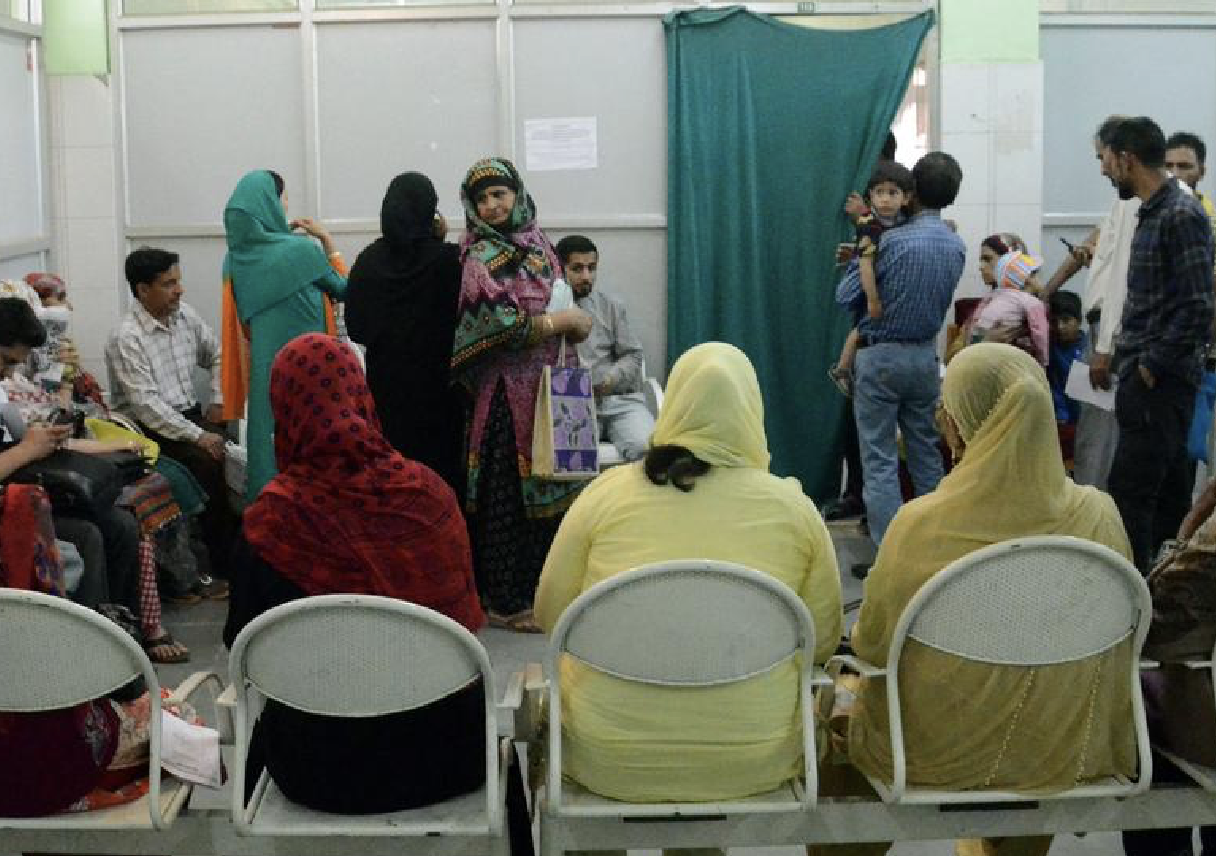
1,114 hospitals de-empanelled, 1,504 penalised under Ayushman Bharat Insurance scheme in India
The government has de-empanelled 1,114 hospitals, fined 1,504 ₹122 crore, and suspended 549 for fraud under Ayushman Bharat. A strong anti-fraud system, grievance redressal mechanism, and stricter claims settlement timelines aim to protect beneficiaries and improve...
Universal public health insurance for Afghan refugees in Iran: a contextual analysis
This study explored the contextual factors affecting Iran’s basic universal health insurance program for Afghan refugees using the PESTEL framework. Through interviews with 22 stakeholders, researchers identified 61 factors across six main themes: political, economic,...
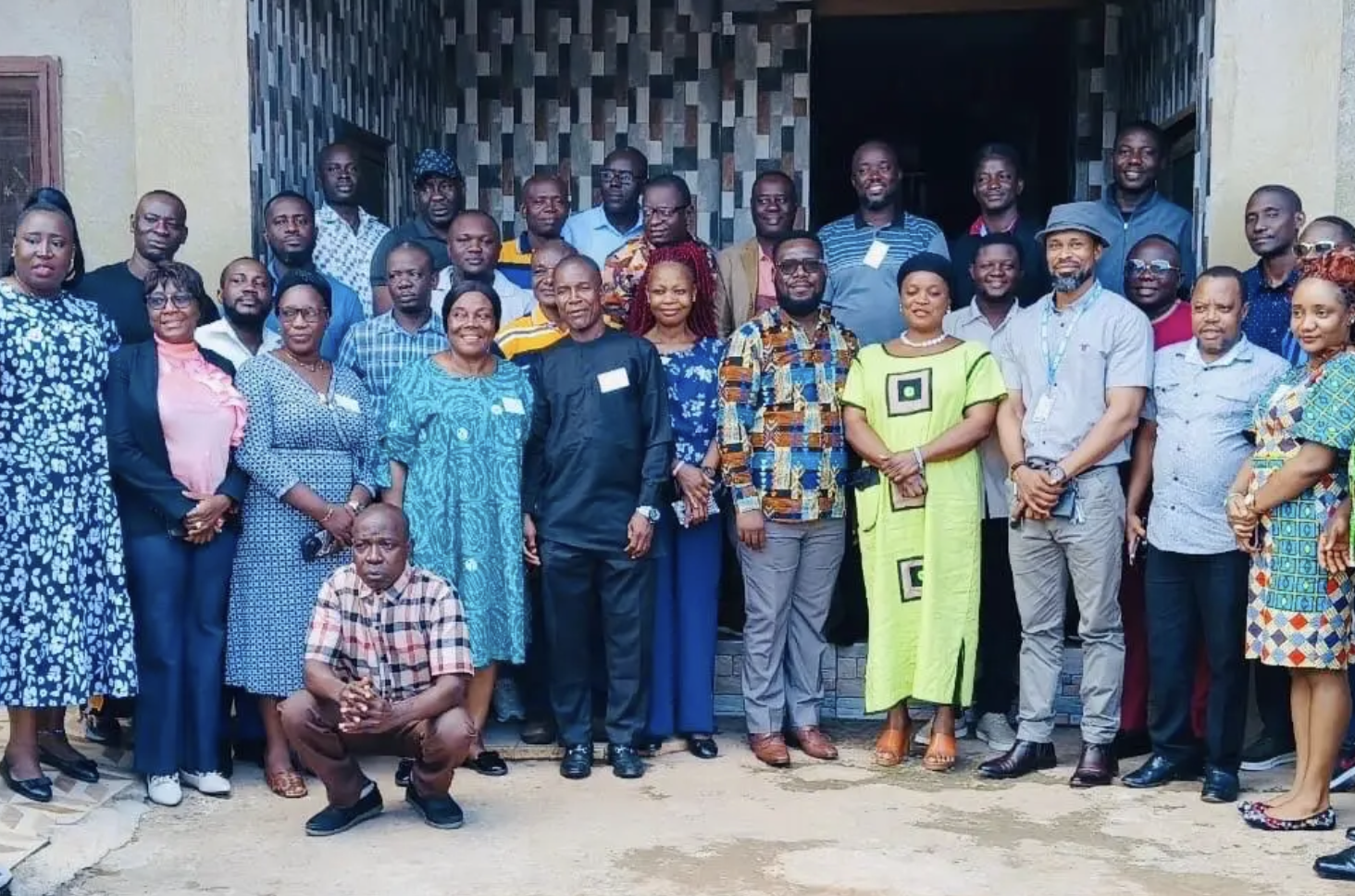
Liberia’s Performance-Based Financing Program conducts Financial Management Training for Health Facilities and County Health Teams from Seven Counties
Liberia’s Health Ministry trained seven counties on financial management under the PBF Program to boost accountability and service delivery. Officials stressed sustainability as donor funding declines, with the World Bank-backed training seen as vital for...

Azerbaijan, Uzbekistan explore cooperation in mandatory health insurance
Azerbaijan and Uzbekistan health officials met in Baku to discuss the 2025–2028 Action Plan under their MoU. Uzbekistan seeks to learn from Azerbaijan’s success with mandatory health insurance, with sessions covering healthcare costs, IT, HR, financing, and...
Machine learning based classification of catastrophic health expenditures: a cross-sectional study of Korean low-income households
This study examined catastrophic health expenditures (CHEs) among low-income households in South Korea using machine learning methods on 2019 Korea Health Panel data. Results showed a 26.2% incidence of CHE, with AdaBoost performing best in prediction, highlighting...
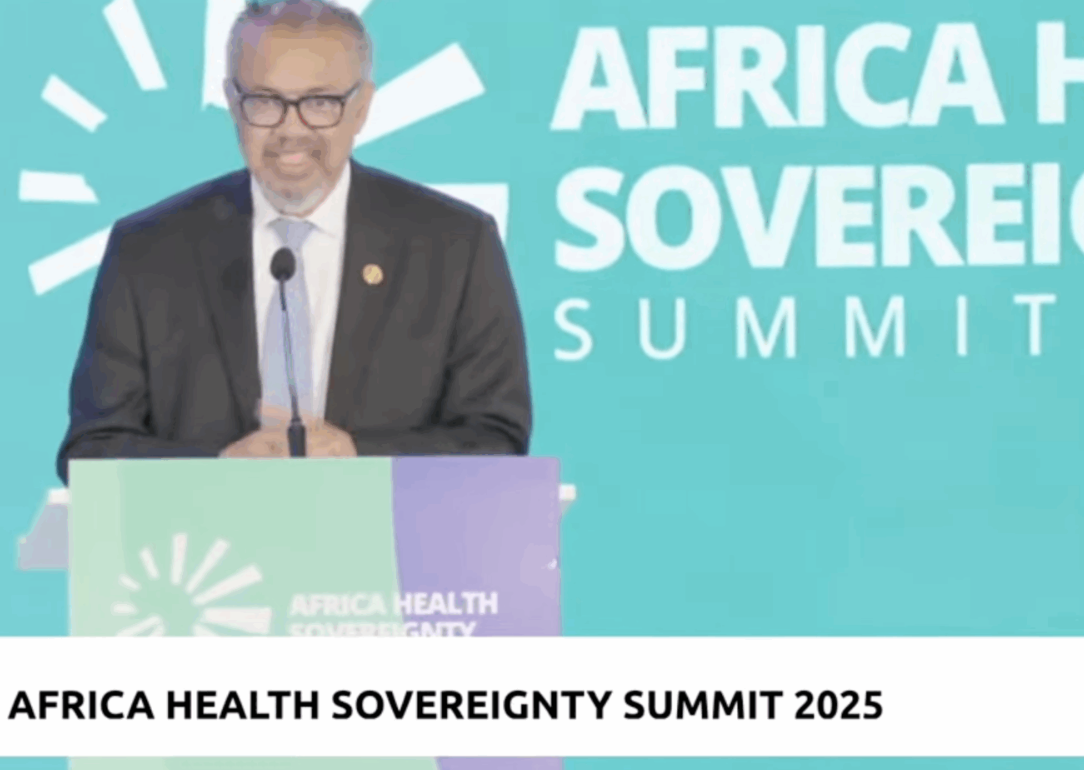
African Summit Looks for Solutions to Health Funding Crisis
At the Africa Health Sovereignty Summit, leaders led by Ghana’s President Mahama and ex-Nigerian president Obasanjo called for African-funded health systems, rejecting aid dependency. WHO’s Tedros urged health taxes, efficiency, and sovereignty to counter massive aid...
Did health reform improve financial protection for disadvantaged groups in Ecuador? A socio-economic inequality assessment of catastrophic health expenditures 2006-2014
In BMJ Open, Edy Quizhpe Ordóñez, Miguel San Sebastian, Enrique Teran, and Anni-Maria Pulkki-Brännström present a socio-economic inequality assessment of Ecuador’s health reforms from 2006 to 2014. The study evaluates whether the reforms—which made public health...
Progress in Development of the Universal Health Plan in the Federation of Kitts and Nevis
This PowerPoint presentation from the 13th Caribbean Conference on Health Financing in Anguilla, in November 2019 covers progress in the development of the universal health plan for Kitts and Nevis. Much of the content is related to the planned national health...

The social insurance regulations for foreign workers in Vietnam
From 1 July 2025, foreign nationals in Vietnam on labour contracts of at least 12 months must join compulsory social insurance, unless exempt. They get the same benefits as locals. Contributions total 25% of salary: 8% by the worker and 17% by the employer, split...
